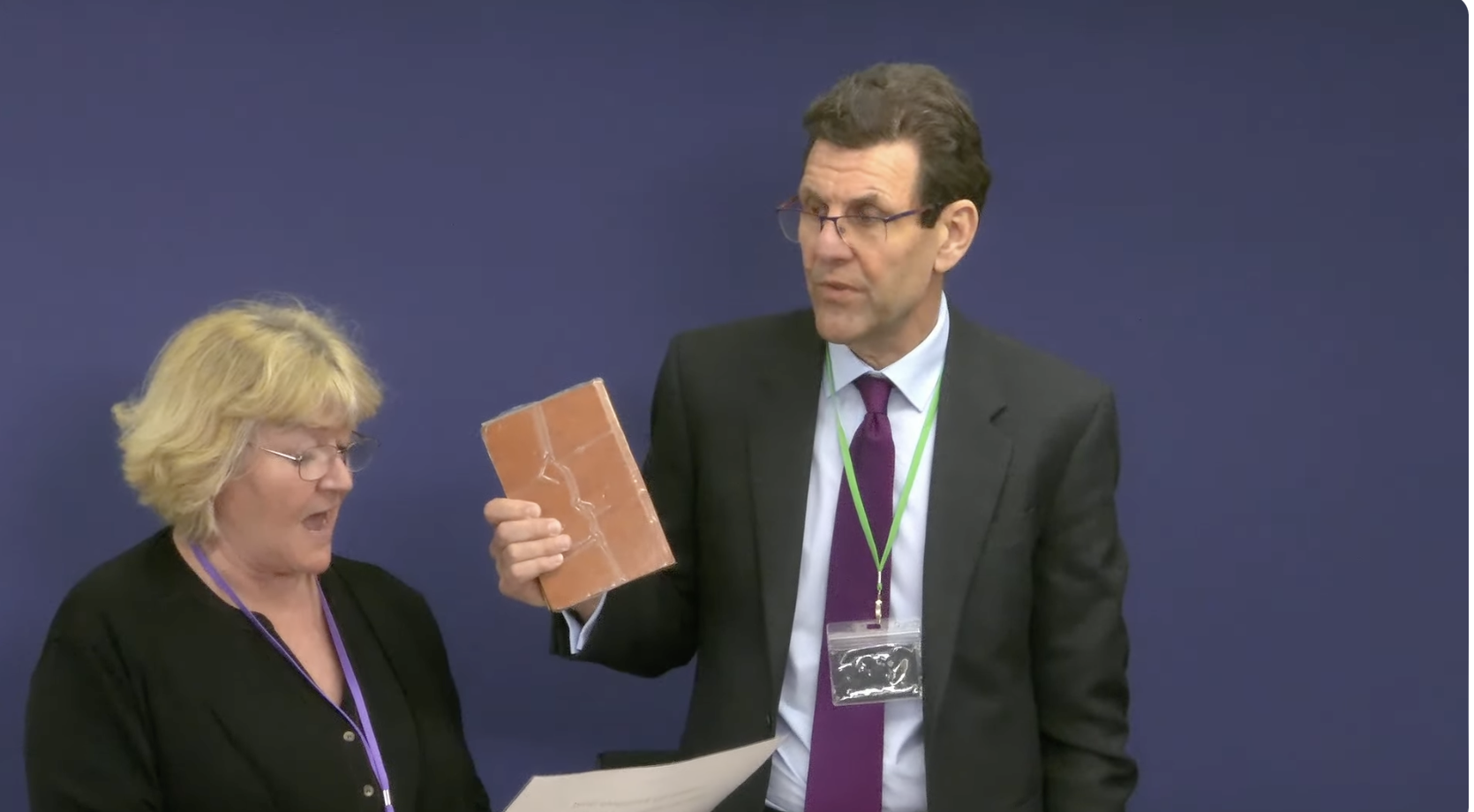
Chris Aujard presents as thoughtful, intelligent and professional – a very different person to the one boasting about his crisis management skills shortly after leaving the Post Office in 2015. Older and wiser, perhaps, or better at image projection.
Aujard was involved in a deliberate attempt to frustrate Second Sight’s independent investigation into the Post Office, so I’m not going to apportion him much credit, but given some of the truly appalling human beings who have provided evidence to the Inquiry in recent months (hi, Rodric) he did, at least, deserve to be taken seriously.
Aujard’s great revelation was about Paula Vennells (the Post Office CEO) and her desire to keep prosecuting Subpostmasters beyond 2013. It came after we discovered he had made a recommendation to the Post Office Executive Committee on 12 November 2013 that the Post Office stops prosecuting. When asked why, he said it was “partly informed by both a personal view and a professional view.”
His professional view was that he did not think “prosecuting was the appropriate way for commercial organisations to deal with their agents”. To give context, Aujard said he came from a financial background “where these types of matters are dealt with in a civil court” or “an HR process”. His personal view was that he “felt that criminal prosecutions caused great distress and anxiety and didn’t have a place in a business such as the Post Office.”
This, in itself, was a principled stand for an interim appointee to take, and it was adopted by the Post Office’s Executive Committee – which obviously included Paula Vennells – there and then. Astoundingly, at an Audit and Risk Committee (ARC) meeting a week later, Aujard reports Paula Vennells “resiling” from this view. Aujard told the Inquiry Vennells “interjected, or made the comment” that stopping prosecutions entirely was not what the Post Office should be doing. Instead there should be “limited prosecutorial activity” allowing the Post Office to undertake “some prosecutions”.
In his witness statement, it is minuted the ARC felt a change in prosecution policy:
“might affect the progress of mediations by ‘raising questions on previous prosecutions, and there was an obvious reluctance to cease prosecutions as ‘in their view this acted as a deterrent’.”
Aujard states Vennells said the Executive Committee view:
“was not that POL [Post Office Ltd] would ‘never bring prosecutions, but that [POL] would be more circumspect in the cases it chose to take’.”
Given Vennells was singled out by Alan Cook as the person who signed off on spending £300k to go after Lee Castleton for a £26k discrepancy, you have to wonder quite what she gets out of putting helpless under-resourced people through the criminal and civil justice system. And shamelessly misrepresenting agreements made in Executive Committee meetings. We have yet to hear Ms Vennells’ point of view on either of the above allegations.
Keeping the lid on a scandal
The other two main lines of questioning today concerned Aujard’s failure to hand important information about Horizon’s bugs and poor security over to the Post Office’s contracted criminal law firm Cartwright King (so they could advise on whether or not to disclose them to convicted Subpostmasters), and his attempts to close down or limit Second Sight’s investigation into the Horizon IT system and Post Office business processes.
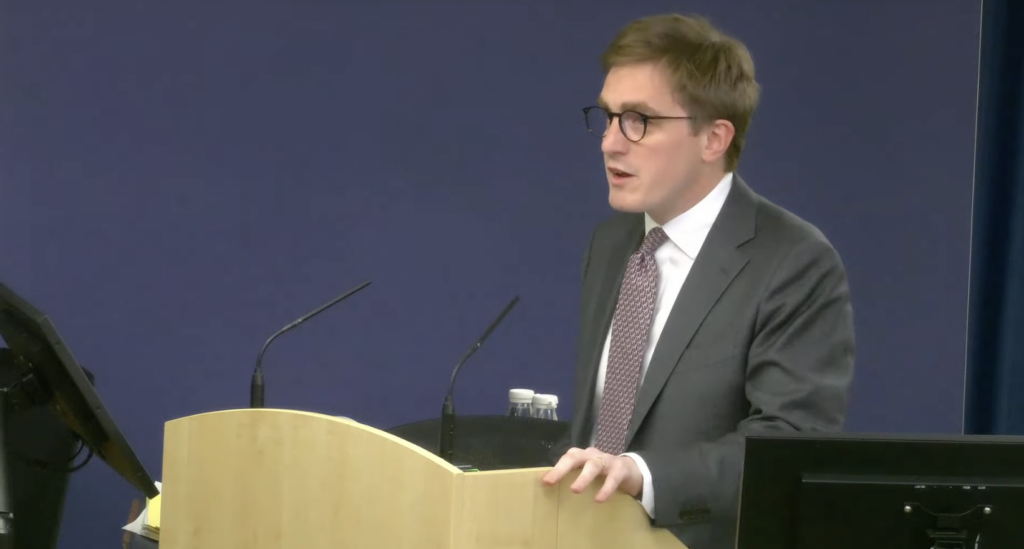
We know from recordings made of conversations between Second Sight and Chris Aujard that shortly after his arrival he was told explicitly about likely miscarriages of justice. He didn’t seem that bothered then, and during his questioning today he seemed very keen to distance himself from any prosecutions before his time, telling the Inquiry he was assured by Jarnail Singh and others it was all in hand.
It is unfortunate the Inquiry chose not to focus on Aujard’s experience of sitting in on the Complaint and Mediation Scheme Working Group meetings and his apparent determination to limit the scope and direction of Second Sight’s investigations (at the Post Office’s instruction), because that, frankly, is where he did the most damage.
I am also not alone in being disappointed he was not once asked by the Inquiry to step back from considering the day-to-day management of his in-tray to reflect on the wider nature of the complaints being raised by the Subpostmaster applicants to the Mediation Scheme.
Aujard had the power and influence to do the right thing. Instead he seemed to spend his time trying to manage Second Sight away from their pursuit of the truth, because of a belief within the Post Office that Ron Warmington and Ian Henderson had gone from being independent investigators to “campaigners” on behalf of Subpostmasters. Or as any sane person would have it, they were not prepared to subscribe unthinkingly to the Post Office’s (flat) worldview.
Tweets and Screenshots
You can relive the day’s events by having a scroll through my tweets from today formatted for this website in a single by ThreadReader. It features screenshots and hopefully cogent explanations of some of the day’s big documents. It starts with the remainder of Susan Crichton’s evidence before Aujard begins. As Janet Skinner noted, Crichton seemed to wake up a lot more helpful today than she was being yesterday:
Interesting change of mind this morning. A good night sleep seems to made Susan’s memory much better!! https://t.co/Izb7aQ1Ve4
— Janet skinner (@Janetsk20073533) April 24, 2024
I admit I was less measured about Crichton’s evidence than I have been about Aujard, which you might see as being unfair. Maybe I was hoping Crichton would give us some genuine insight and revelation and I vented in disappointment when she didn’t. I was expecting what we got from Aujard, and was actually quite impressed he made his mark on the issue of prosecutions. Nonetheless, Crichton tried to do the right thing, and came up against a board determined to discredit her for doing so. Aujard carried out that board’s instruction to the letter, demonstrating even less empathy for the victims of this scandal. Apologies for a possible expectation-based failure to be even-handed.
I guess Aujard and Crichton’s Post Office experiences also show how an amoral operator can thrive in a malign corporate environment far better than someone who approaches a problem with good intentions. Which is a worry for all of us.
Aujard will be coming back to the Inquiry to answer questions from representatives of other core participants at an unspecified date.
I am currently touring Post Office Scandal – the Inside Story. Please do come and see us as we make our way around the country (all dates here).
The journalism on this blog is crowdfunded. If you would like to join the “secret email” newsletter, please consider making a one-off donation. The money is used to keep the contents of this website free. You will receive irregular, but informative email updates about the Post Office Horizon IT scandal.

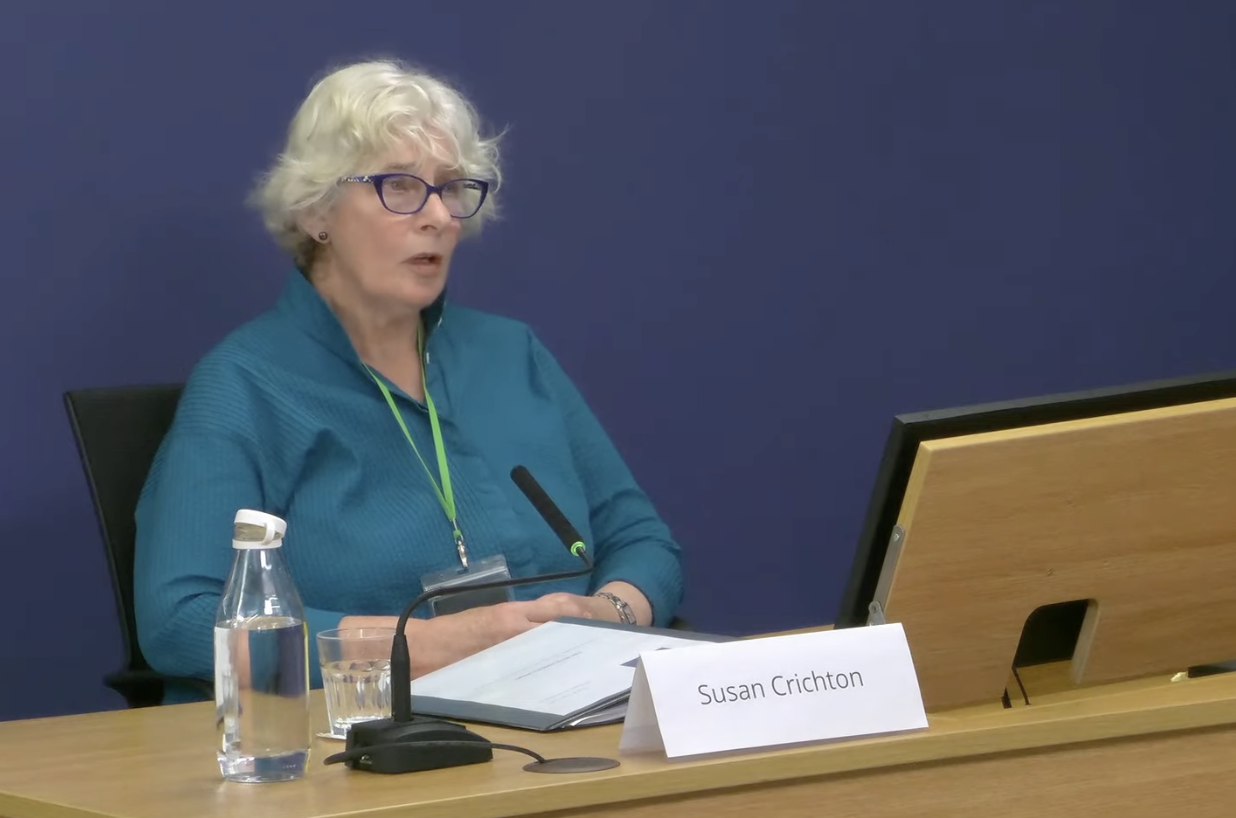
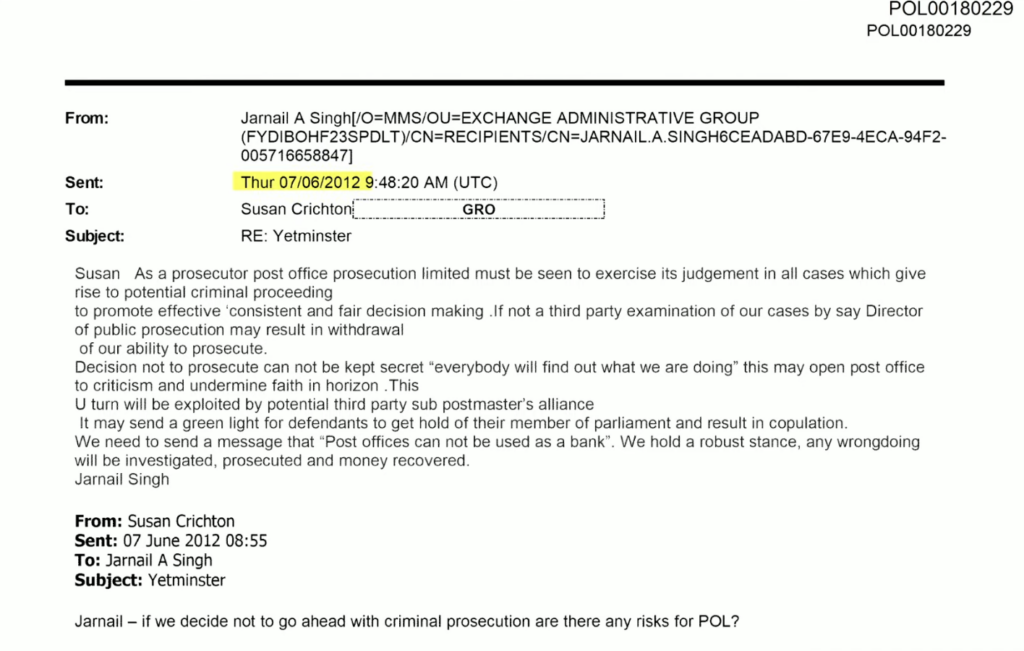
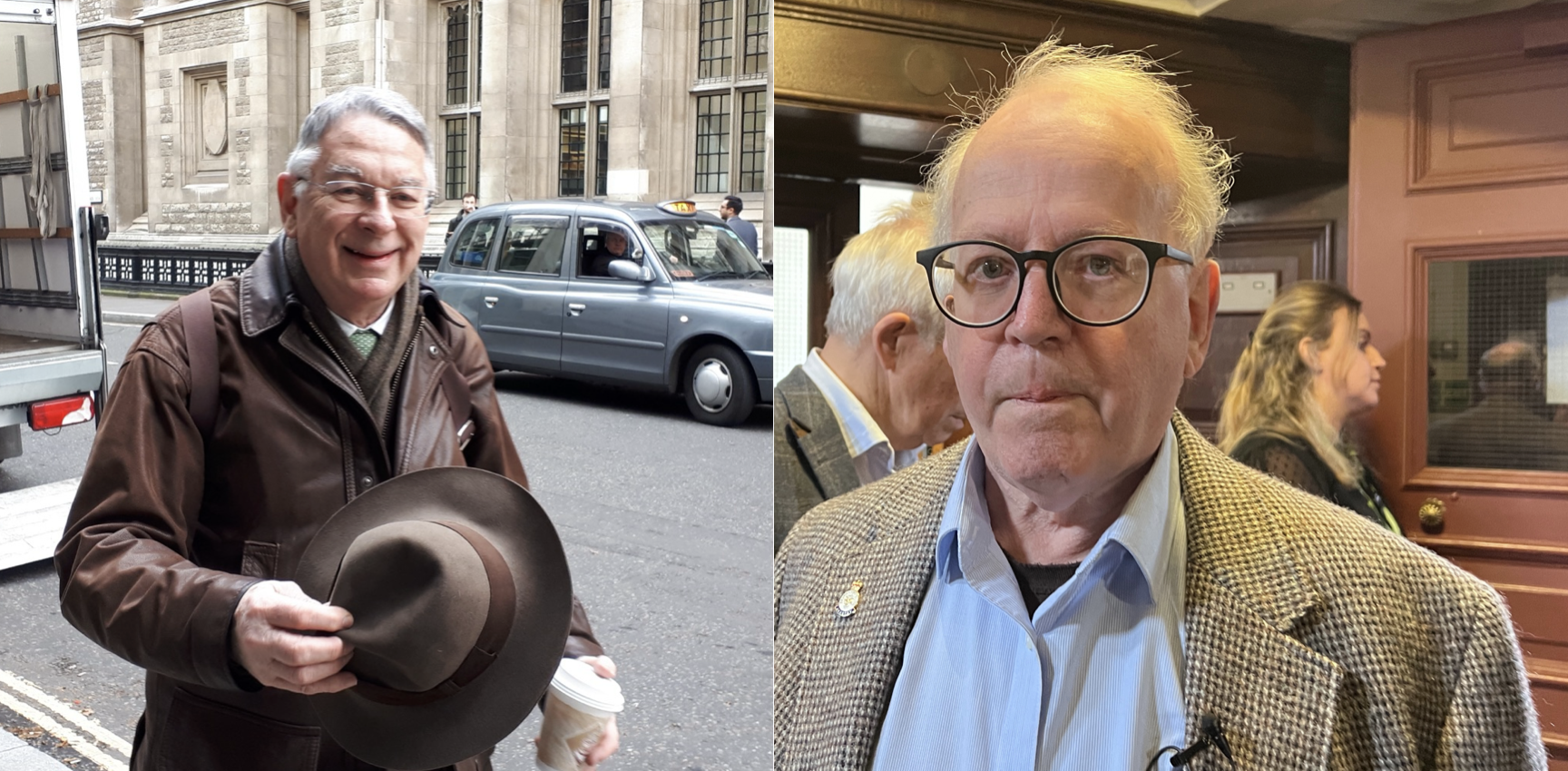
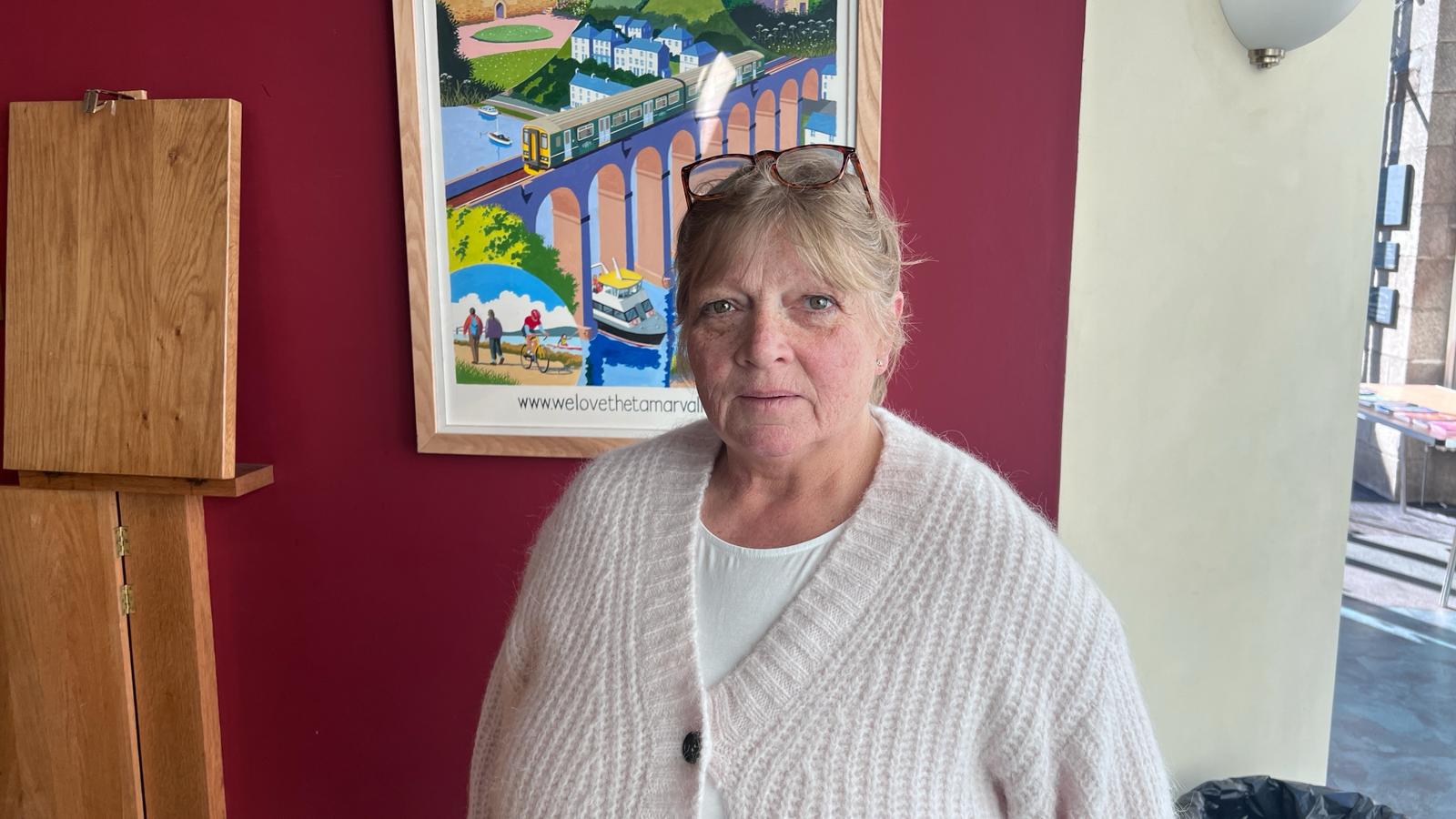
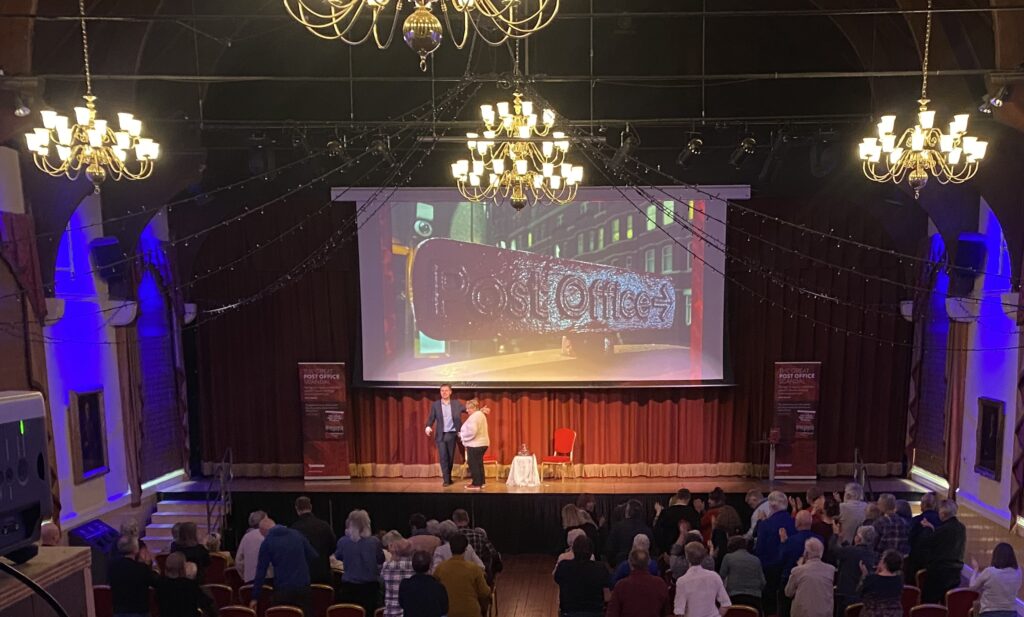

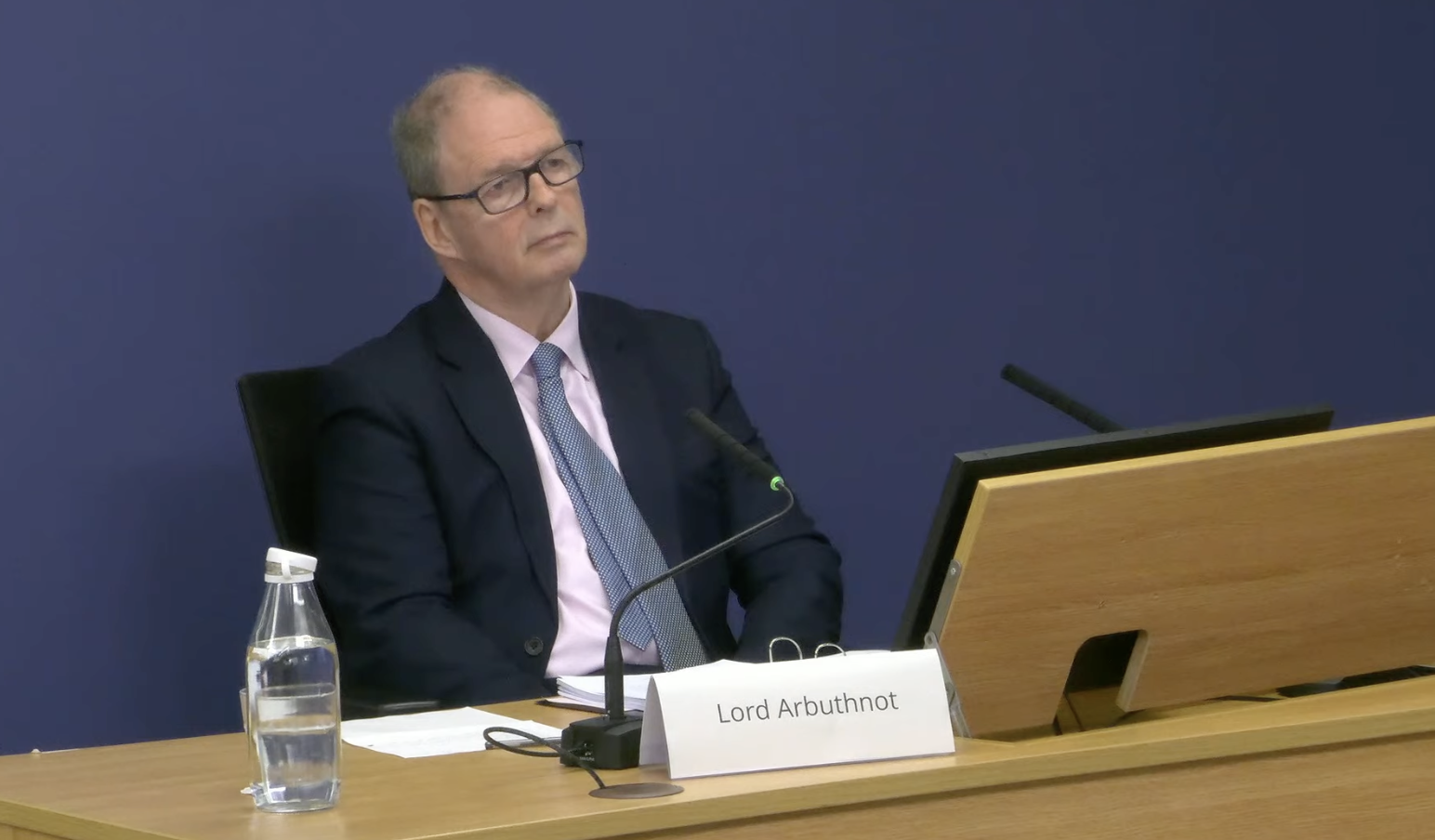
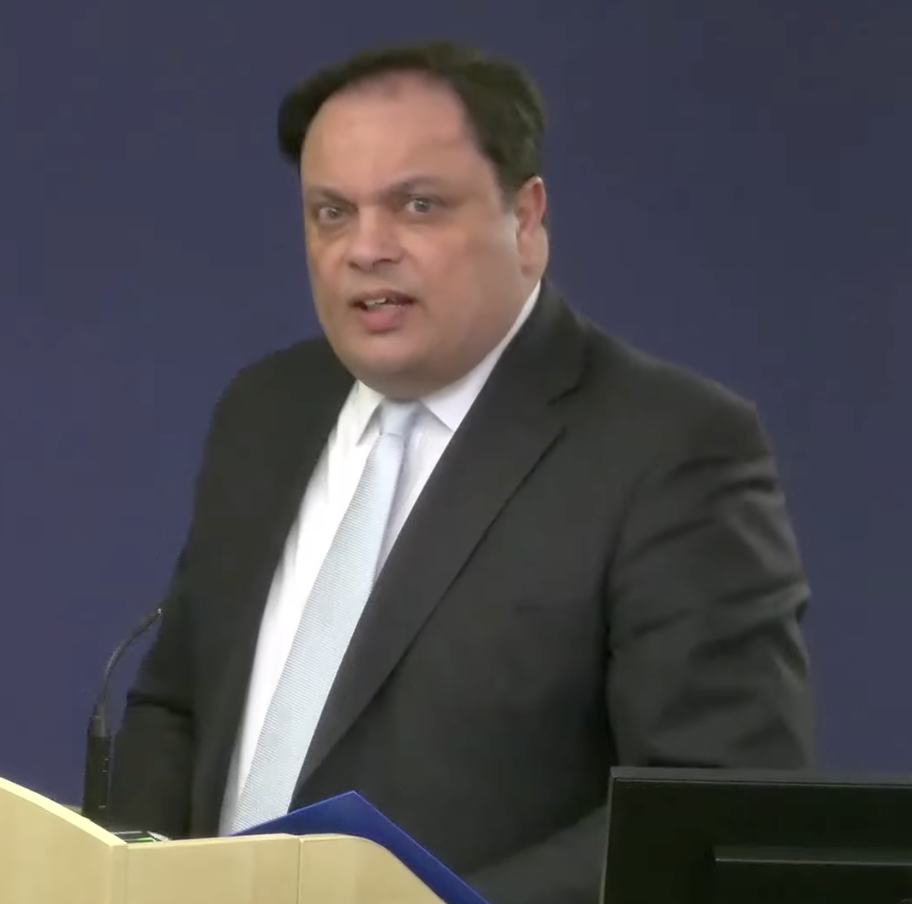
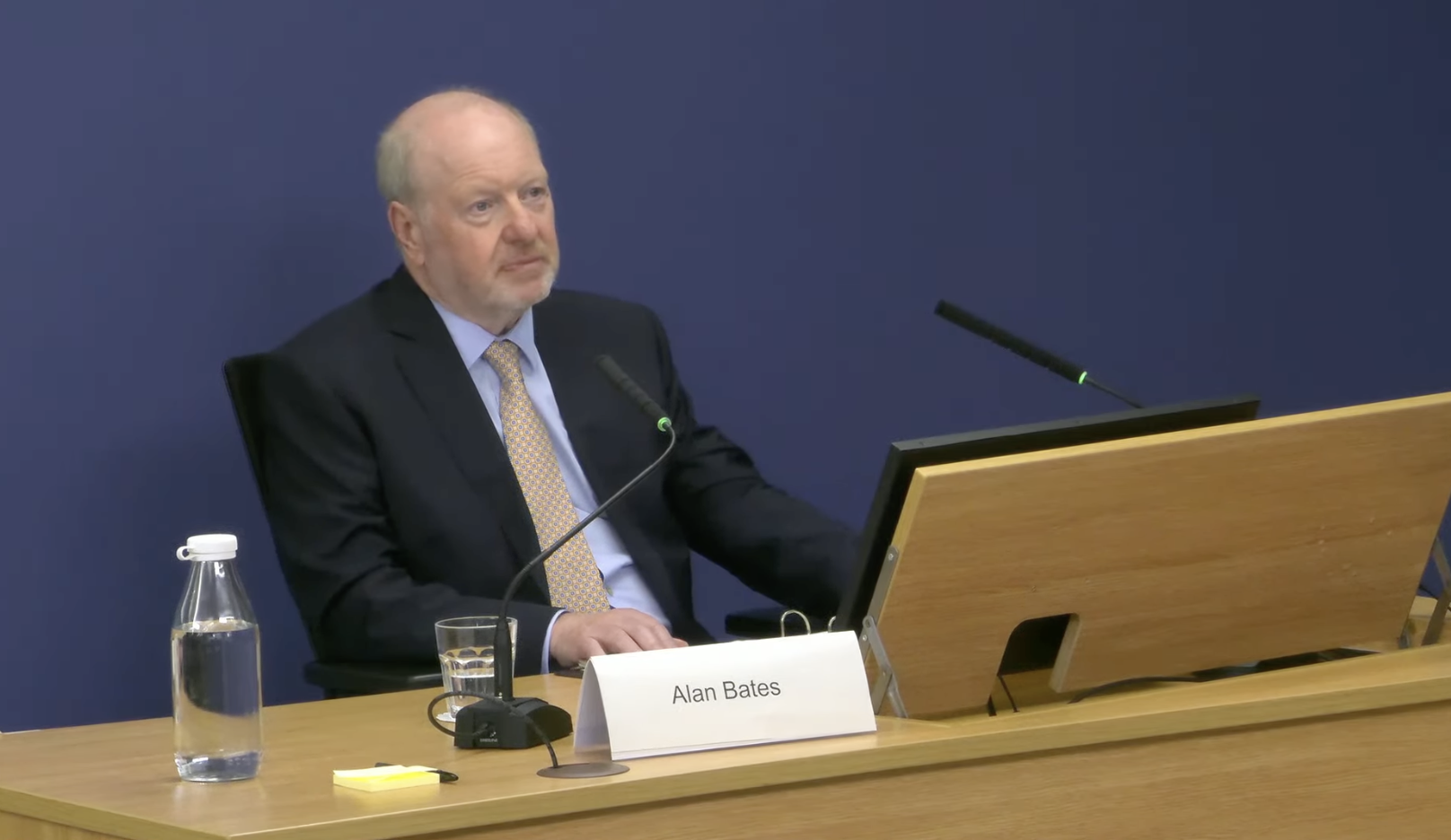
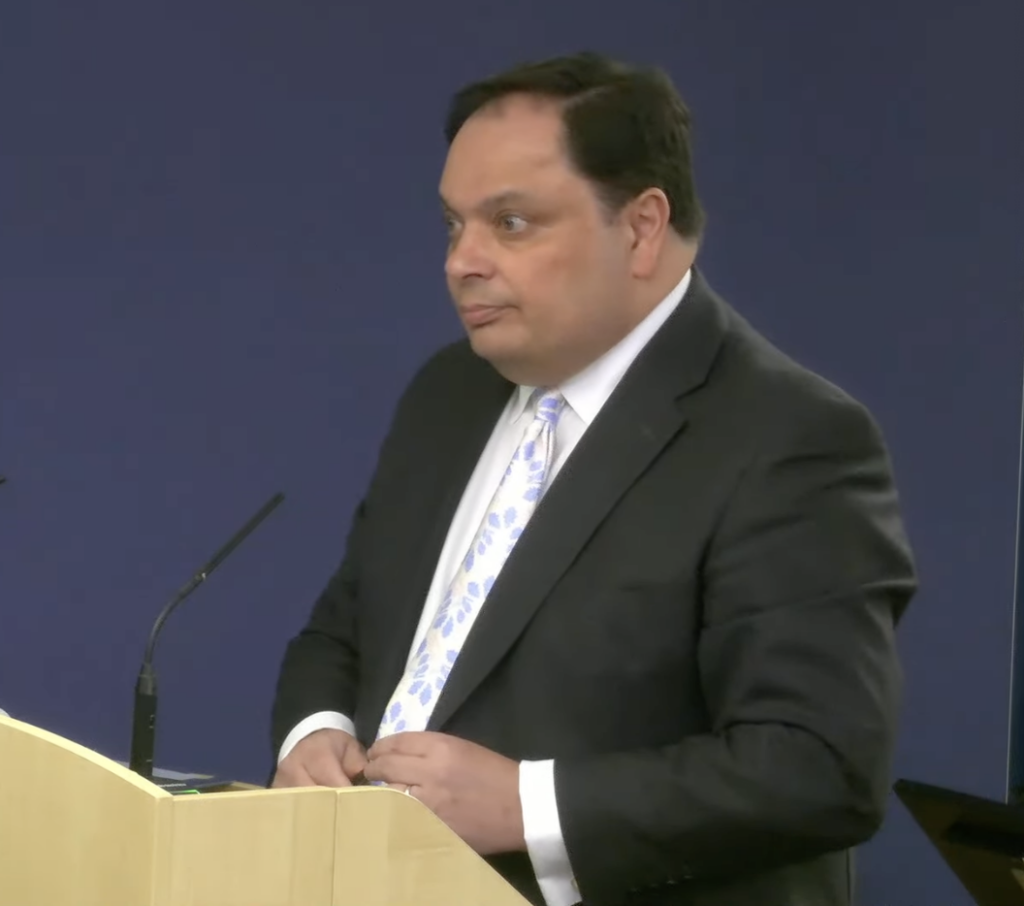
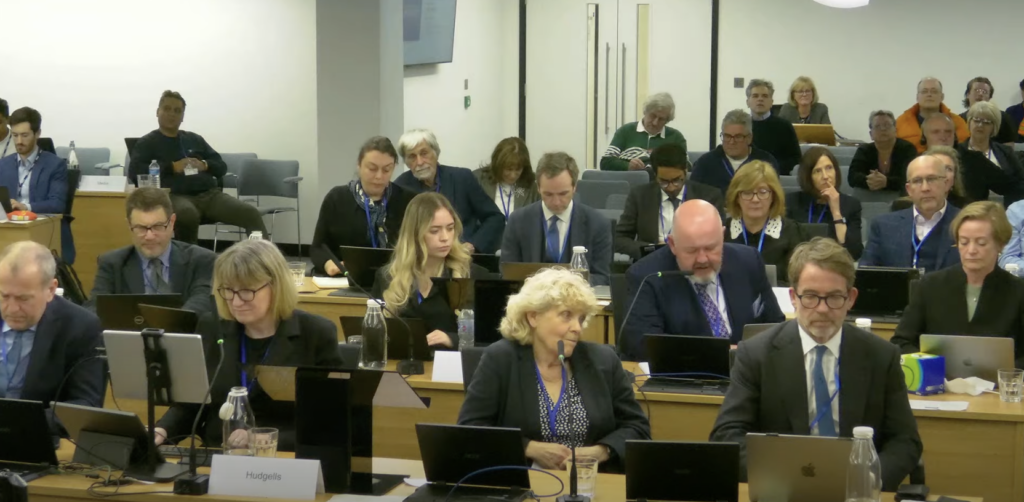
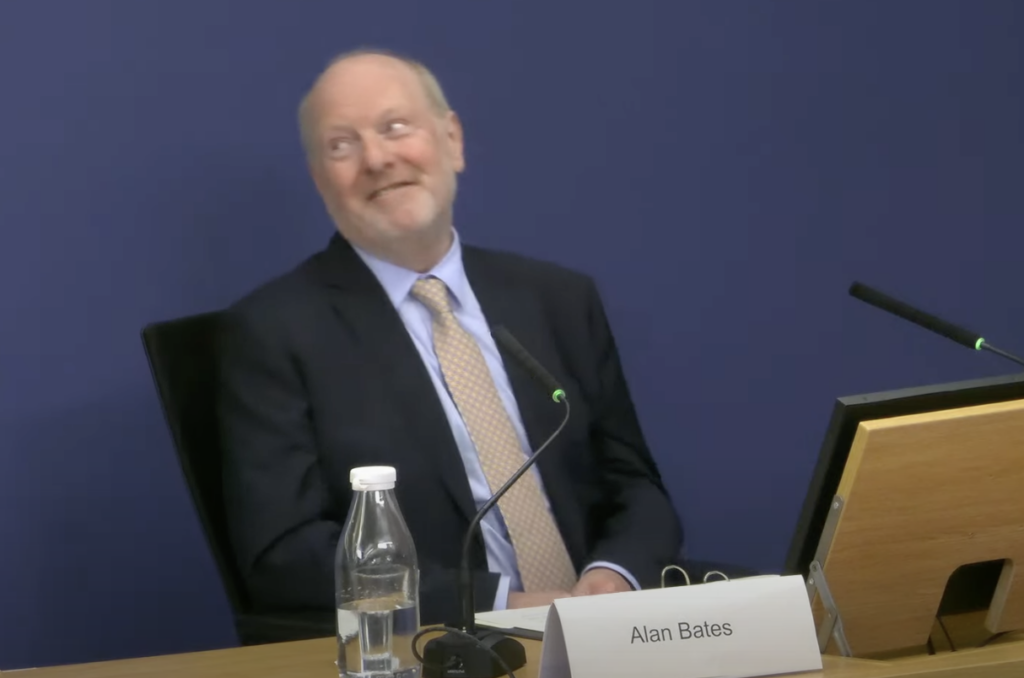

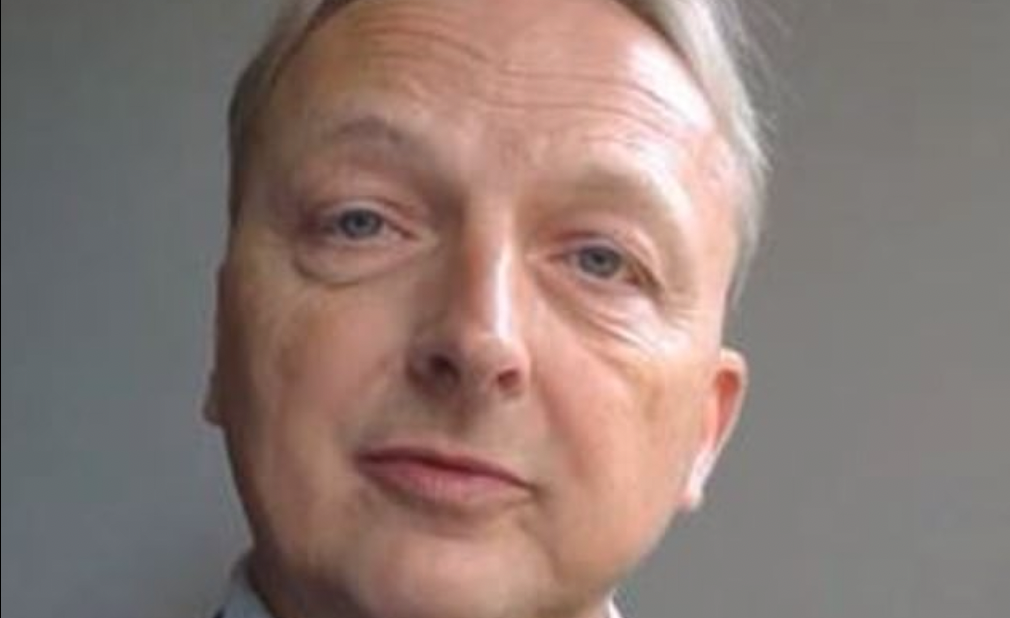

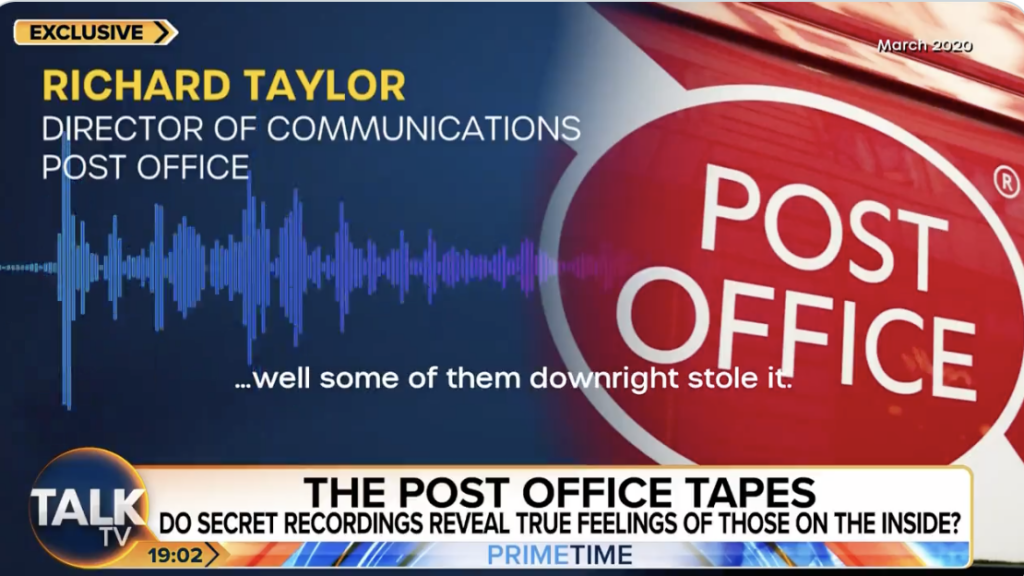
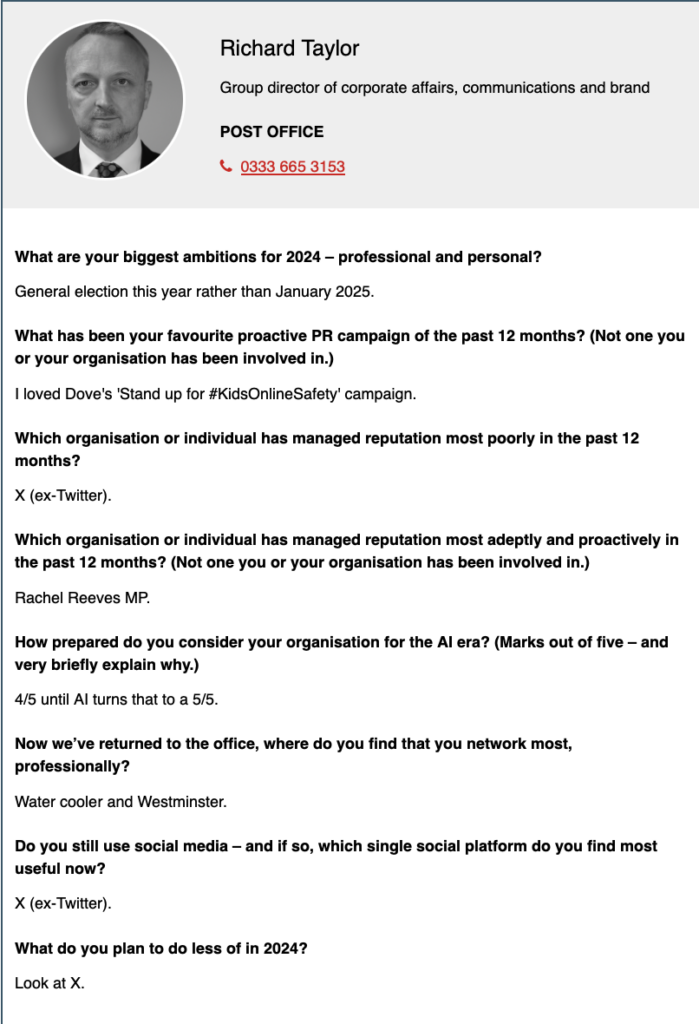

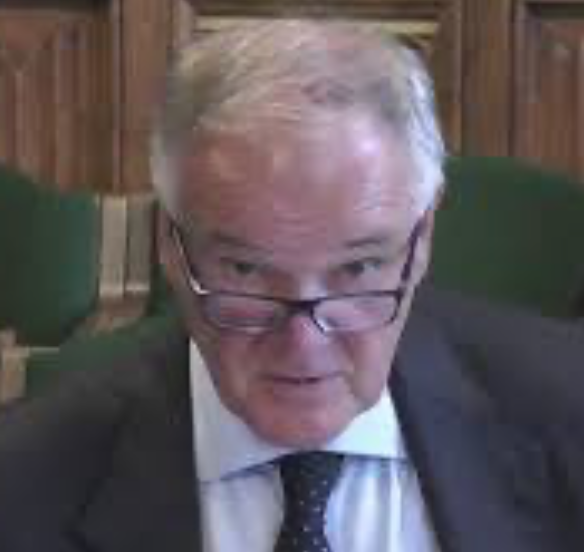
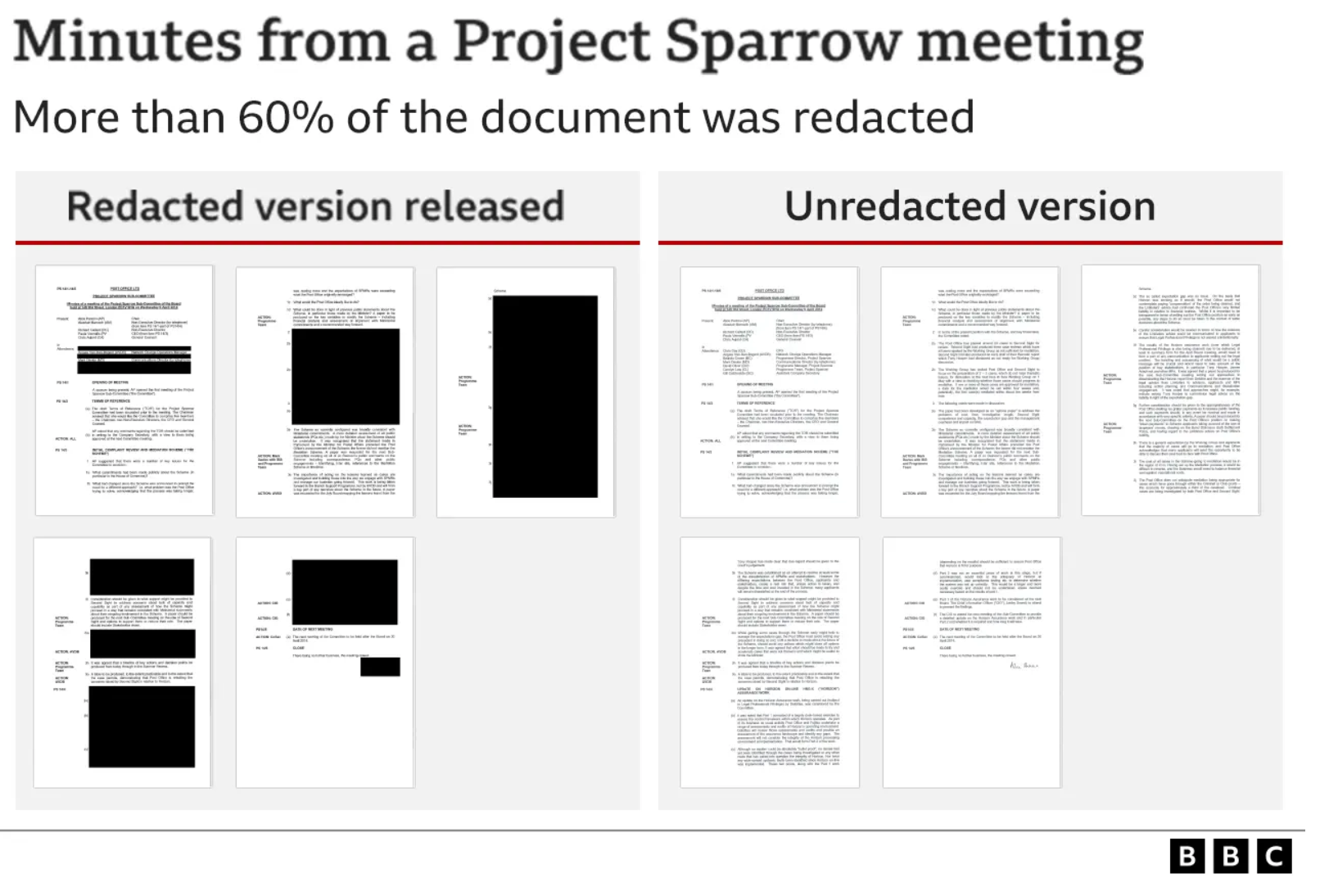
Nick, I also saw Alan Cook’s appearance and there’s something that confuses me more than a bit about him naming…